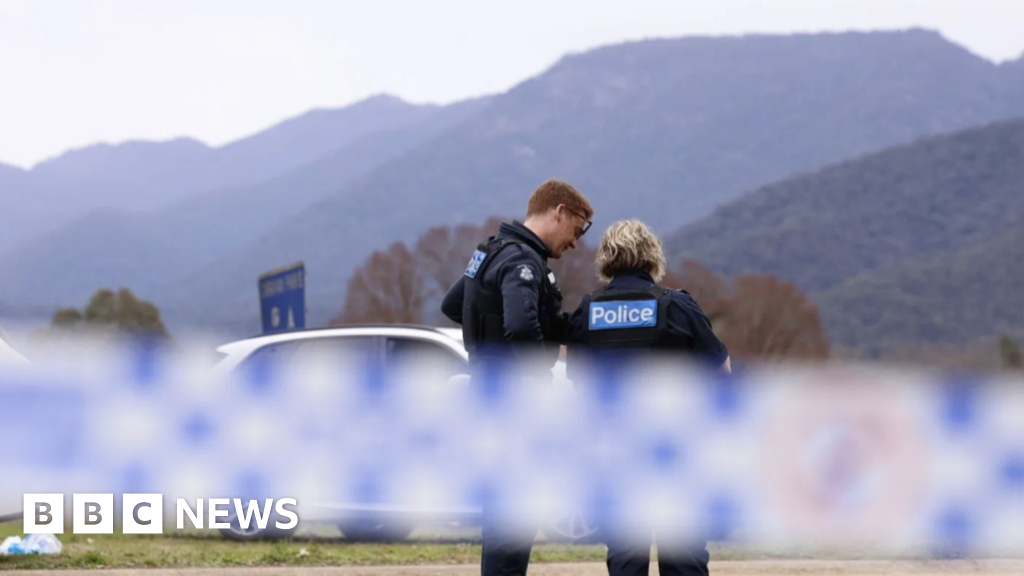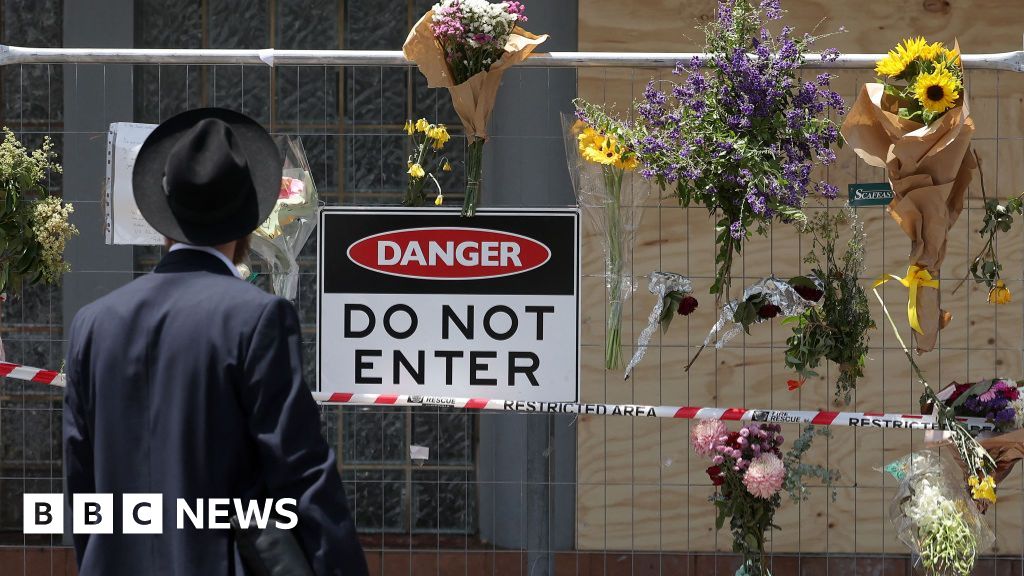The Queensland Supreme Court proceedings highlighted the dangerous consequences of their faith-based convictions. Leading up to her death, Elizabeth exhibited severe symptoms, yet her parents and fellow sect members opted for prayer over medical intervention, believing she could be revived. Justice Martin Burns described the tragic case as one where love for the child was overshadowed by their restrictive beliefs. The sect's leader, Brendan Stevens, received a 13-year prison term, with others involved facing similar sentences, revealing the dire need for protecting vulnerable individuals from harmful ideologies. Elizabeth's sister, Jayde, who distanced herself from the sect, expressed deep concerns about the group's teachings, which shun mainstream healthcare entirely.
In a chilling reminder of the impacts of radical belief systems, the case serves as a stark illustration of how faith can sometimes eclipse basic human rights and medical care, prompting a renewed discussion about faith healing and its implications for child safety.
Struhs family, faith healing, manslaughter, type 1 diabetes, religious sects, Australia, child neglect, Elizabeth Struhs, Justice Martin Burns, medical care
In a chilling reminder of the impacts of radical belief systems, the case serves as a stark illustration of how faith can sometimes eclipse basic human rights and medical care, prompting a renewed discussion about faith healing and its implications for child safety.
Struhs family, faith healing, manslaughter, type 1 diabetes, religious sects, Australia, child neglect, Elizabeth Struhs, Justice Martin Burns, medical care




















